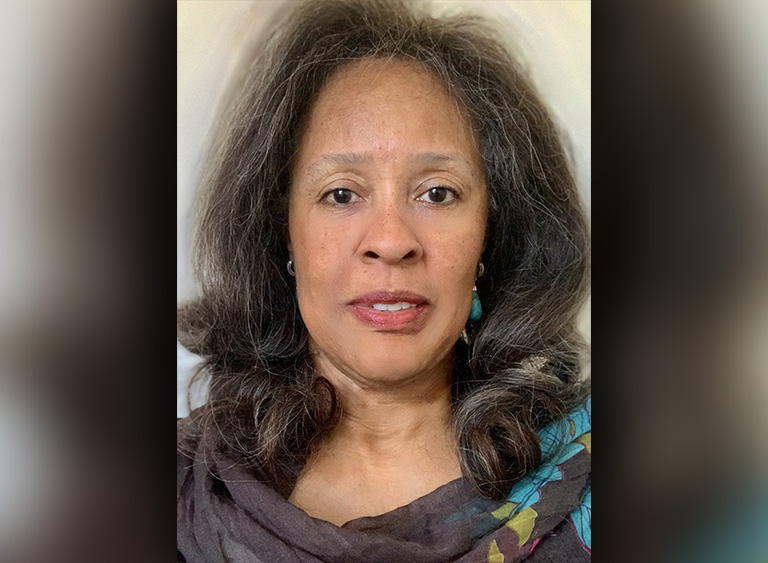
Dr. Cynthia Swann assumes the role of Chief Administrative Officer at the Hip Hop Caucus, overseeing operations, human resources, government relations, and legal affairs in alignment with the organization’s mission of empowering marginalized communities. Recognized as an inspiring and innovative leader, Dr. Swann remains at the forefront of initiatives focused on policy reform, civil rights, and environmental justice, drawing on her extensive expertise toward driving impactful change. Her diverse career spanning healthcare, law, advocacy, education, and social work has uniquely positioned her for pivotal leadership roles.
In addition to her organizational duties, Dr. Swann actively engages in policy advocacy and coalition-building endeavors as an esteemed member of the American Bar Association’s Civil Rights & Social Justice Leadership Council, and Vice-Chair of the National Bar Association’s Civil Rights Law Section, where she champions initiatives promoting equity and fairness. Dr. Swann’s strategic partnerships and global collaborations underscore her commitment to effecting systemic change on a global scale.
Beyond traditional boundaries, Dr. Swann fosters relationships and alliances to advance civil rights and environmental justice causes. Her collaborative approach skills in deplomacy have enabled her to navigate complex policy landscapes and foster meaningful partnerships across various sectors via domestic and global engagmement. With a holistic understanding of the interconnectedness of cross-cultural social, environmental, and economic issues, Dr. Swann is dedicated to building a more just and sustainable future.
Dr. Swann is an alumna of the University of Maryland-College Park, the University of California Los Angeles (UCLA) David Geffen School of Medicine, and UCLA School of Law.

